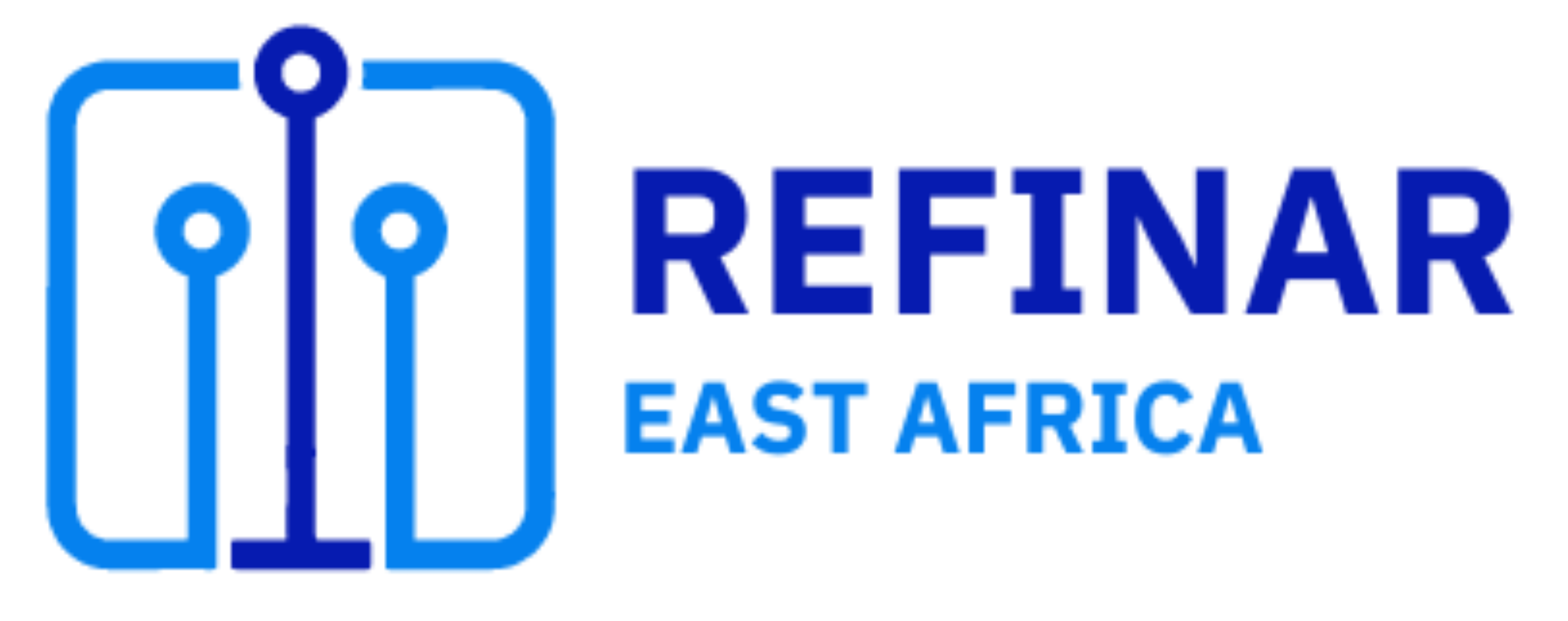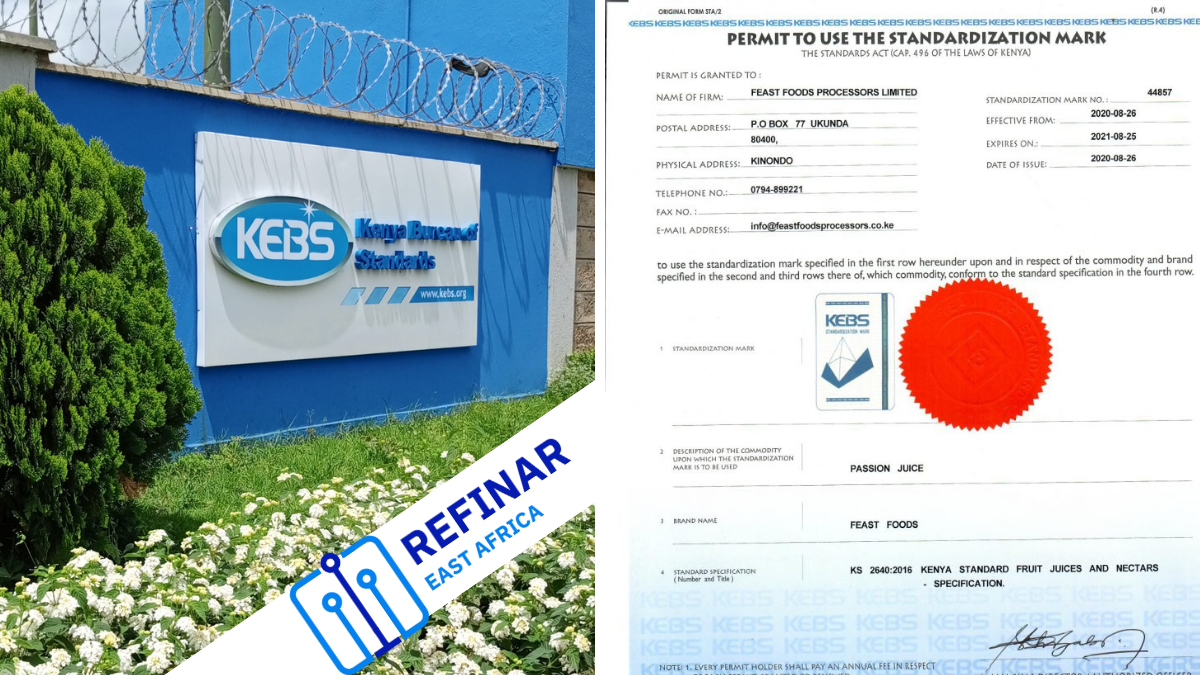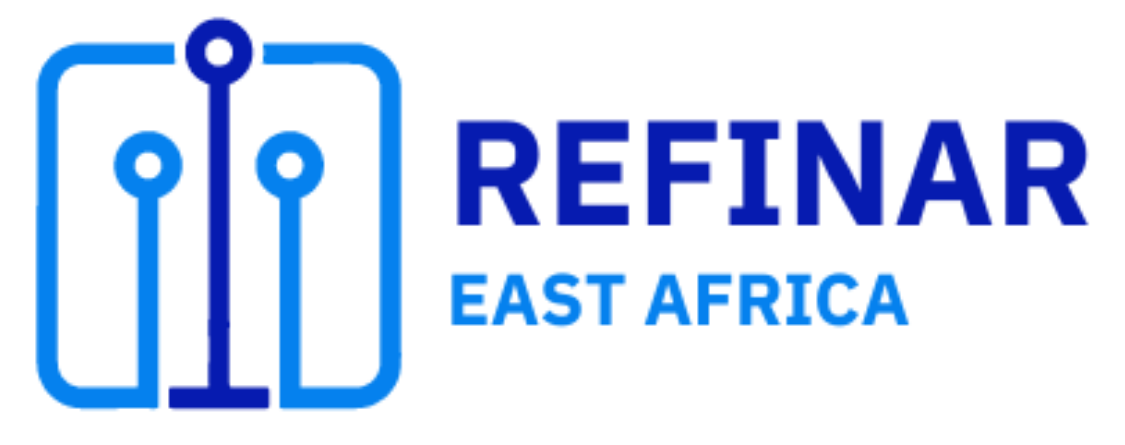You have just set up your water purification business or just bought your water purification machines or planning to venture into the water purification business in Kenya.
Just like any other business in Kenya, a water purification business requires a few statutory documents or permits, the Kenya Bureau Of Standards Certificate (KEBS Standardization Mark) being one of the major requirements for the venture.
All water treatment and vending businesses must obtain a permit to use the standardization mark from KEBS. The law says you need to have the mark, but it also helps customers trust
the quality of the business product if they can see it on the water bottles.
KEBS will only give you the standardization mark after the water treatment equipment has been installed at the shop and they can test the system’s product water.
As of late 2023, KEBS certification fees are KShs. 31,900 annually.
The standardization mark states that KEBS finds that the product meets its standards. KEBS drinking water standards are based on World Health Organization guidelines.
KEBS issues a standardization mark separately for each site, so if you package water at two separate store locations you will have to apply for two particular standardization
marks.
So, this brings us back to our topic; How to get a KEBS certificate for water purification or vending business.
PART 1: REQUIREMENTS
The process of acquiring a KEBS (Kenya Bureau of Standards) permit that is accompanied by an SM (Standardization Mark) mark is quite tedious but manageable. The requirements are as below:
- Present the following documents;
i. Public Health Hygiene License
ii. Medical Certificates For Staff
iii. County Business License
iv. Water Resource Management Permit (WARMA) – For Borehole Water - Have copies of below KEBS Standards Booklets;
i. KS EAS 153 for Drinking Water
ii. KS EAS 12 for mineral water
iii. Code of Hygiene Standards KS 459 Part 9
iv. Labelling KS EAS 38
- Copies of the standards are available at the KEBS Standard Information Center (KEBS Library)
- Comply with labeling requirements
- Engage competent personnel.
- The person in charge of the plant and manufacturing should have relevant competencies
- Maintain quality monitoring records as per the signed scheme of supervision and control
6. Provide a schedule of testing and monitoring of the water with an accredited external laboratory or the firm’s own laboratory - Establish a mechanism for dealing with customer complaints (customer complaint procedure)
- Provide evidence of plant cleaning and maintenance schedule.
- Install stainless steel tables or suitable alternatives in the production area.
- Install an insect-o-cuter and first aid kit.
- Provide a footbath or suitable alternative at the entrance of the production area.
- Provide a hand-washing facility with sufficient flowing water, soap, and a drying facility.
- Provide windows with screens or suitable alternatives to prevent the entry of flies.
- Provide protective clothing for staff.
- Have own washrooms with sufficient flow of water.
- Install waterproof walls and floors (tiled)
- Ensure storage tanks for both raw and processed water are secured with access only by the plant personnel.
- Ensure entrance/access to the facility is only for authorized personnel.
NB: The production facility shall comply with the requirement stipulated in KS 459 Part 9.
a) Separate entrance to the facility and residence
b) Strict adherence to cleanliness and hygiene
c) Storage tanks not to be shared. They should be secured with access only to the firm’s personnel.
Here is the link to download the above requirements document.
PART 2: APPLICATION
The application, submission of the documents, and payments are best done online for convenience.
- Go to kebs.org
- Sign up since it is the first time.
i. Certificate of Incorporation Number or Business Registration Number
ii. ID No. of director - Log in
i. Username – create an email address
ii. Pasword – create pin - Enter Details
i. Incorporation No.
ii. ID No. of the Director – a person who registered the business
iii. KRA Pin
iv. Contact person information
v. Add turnover (select large firm – over 500,000 ksh
vi. Add an alternative phone number. - Validate details
- Make application
i. Standardization mark
ii. Fill STA 1 & STA 10 Online - Upload other documents
i. KRA Pin
ii. Certificate of Incorporation
iii. Water Analysis Report
iv. Sketch map of your location
v. Draft label
vi. Any agreements (eg Lease - Submit application
- Make payments
i. Generate invoice
Here you will submit 3 different payments depending on the sector you need to venture into; refill or bottled or both.
The first payment is Inspection Fee followed by the Product Fee.
Payments details are available on-site and a prompt option for making the payments.
Ensure you have enough money in your Mpesa before starting this whole process.
After payments are made, your status changes to PAID meaning the application is complete.
Here is the link to download the above procedure.
PART 3: ASSESMENT PROCESS
KEBS quality assurance officers will pay a visit to your production facility to;
i.Carry out industrial inspection
ii. Draw samples for analysis
iii. Discuss and agree on the scheme of supervision and control
PART 4: EVALUATION
Samples are analyzed at KEBS laboratories or other accredited/Designated laboratories to check compliance With Kenya standards or approved specifications.
If samples comply and the inspection officer’s report indicates compliance with codes of practice a recommendation is made for issuance of a permit to use standardization mark to the Permit Standardization Committee (PSC) for standardization Mark.
If PSC confirms that all requirements have been met, a permit is issued, Which you download online and print.
If samples fail to comply in the first instance and corrective action is reviewed for appropriateness retesting of parameters not complied with is done free of charge and if the product complies permit to use the standardization mark is issued
If samples fail to comply in the second instance and subsequent tests, testing will be carried out at the manufacturer’s expense.
If nonconformities are identified at the point of Inspection, the Manufacturer is responsible for undertaking corrective action and informing KEBS to confirm the actions taken.
Whenever a client buys equipment’s from Refinar East Africa, we are obligated to walk with them through the whole process hassle-free.
Should you have any inquiries regarding water purification equipment, machines, plants, water business certification, consultation services, installation, or maintenance, do not hesitate to contact us at 0707075702 or email info@refinareastafrica.com
Solutions For You.


